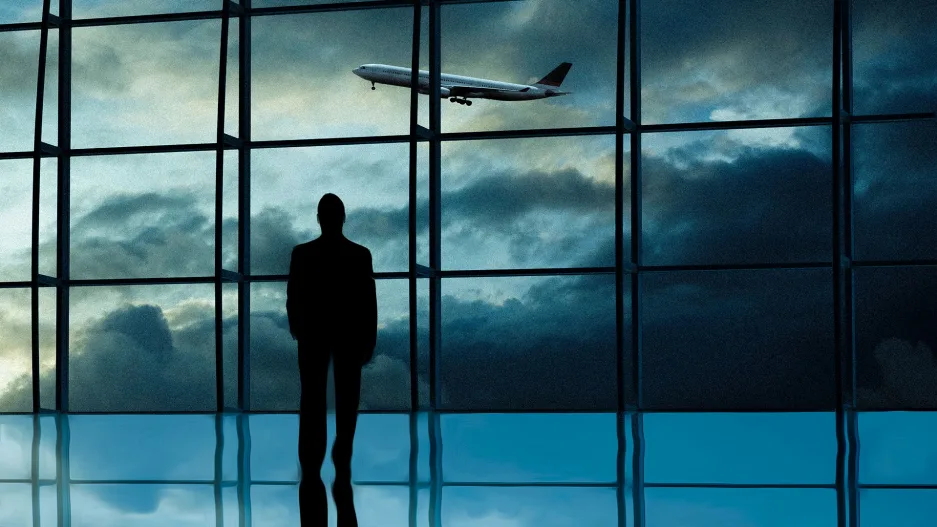- | 1:30 am
China 737 plane crash renews questions about Boeing’s commitment to safety over profits

In the 20th century, there was a saying that went “If it ain’t Boeing, then I ain’t going,” referring to a popular belief that Boeing produced the world’s safest planes.
But since a pair of fatal crashes in 2018 and 2019, the aviation giant’s reputation and credibility have suffered, and today’s terrible news is not going to do anything for those troubles: Chinese officials say this morning that a Boeing 737 plane operated by China Eastern Airlines slammed into the mountains in the southern province of Guangxi. It was reportedly carrying 132 passengers, with no signs of survivors yet. If it’s true that no passengers survived, this would mark China’s deadliest plane crash in almost three decades.
Naturally, this is any aircraft manufacturer’s worst nightmare. But it comes at a particularly rough time for Boeing. The company’s reputation is still so in the hole that some observers assumed the wrong kind of 737 plane had crashed.
The 737 is the most-flown aircraft in the world, around since the ’60s with a fairly sterling safety record. Importantly, the plane was not a 737 Max, the model that crashed in Indonesia in late 2018, then again in Ethiopia four months later, killing a total of 346 people, causing Boeing to ground all 737-Maxes, and ultimately leading to the new Netflix documentary Downfall: The Case Against Boeing that argues corporate greed played a role in the mistakes that caused those crashes. However, there may be little distinction between the two models in the minds of everyday air travelers.
In the film, director Rory Kennedy lays out how Boeing misled the airlines about the 737-Max’s flight-stabilizing program, claiming it has pivoted from an aircraft maker once centered on passenger safety to one more concerned today with its stock price.
We reached out to Boeing for comment and will update this post if we hear back.
Chinese officials said Monday’s crash involved a Boeing 737-800, an older-model jet commonly used for shorter routes. Before the pandemic, Boeing said it had delivered nearly 5,000 of these planes, making this model the world’s most widely used narrow-body aircraft.
Shares of Boeing fell around 5% today on the news of the accident. The cause of the crash is unlikely to be known for some time, but the question is how Boeing responds. It has hit a lot of headwinds lately:
- Last January, it agreed to pay a $2.5 billion fine after the Department of Justice accused it of conspiring to defraud the Federal Aviation Administration during the 737 Max fiasco, by hiding information from authorities about changes made to the software later implicated in both crashes.
- The very next month, a Boeing 777’s engine exploded in midair four minutes after takeoff from Denver’s airport, leading to the grounding of that type of 777.
- Last week, Russia’s biggest cargo airline announced it was suspending all Boeing flights.
Now, today’s crash could mean a move that was supposed to signal recovery for Boeing could end up marking the opposite: Most countries re-approved 737 Max jets for air travel after Boeing demonstrated to their satisfaction that the software issues were resolved. However, China—a top market for air travel—has yet to allow the 737 Max back in the air. It just said the plane could return in December, but is requiring airlines to test out Boeing’s changes before putting passengers aboard them again.
































